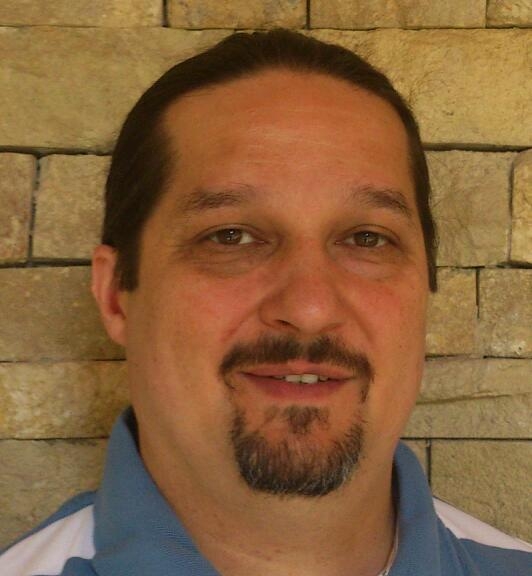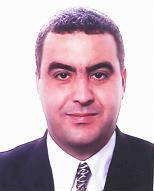Ericsson Research
Leading industrial software for control systems used in network equipment has been developed over multiple years or even decades with a tradition of writing embedded systems programmed in C. Such systems commonly face issues related to a high degree of complexity with high cost of maintenance and further development as a consequence. Looom addresses such issues, by the introduction of a toolkit aimed to make developing software for control software much more efficient.
Coupling modeling and logic programing, we have defined a set of languages. Using the Looom toolkit a control system is specified in terms of these languages, and then code generators are invoked to automatically produce structured C-code including a build system. The reuse and extensibility of the Looom languages and code generators allow a major decrease in the amount of code that needs to be manually maintained, and a much more efficient method for developing and maintaining large control software systems.
The introduction of 5G will make new services available for business development in market areas such as massive internet of things, ultra reliable communication and extreme real-time communication. 5G services will bring new requirements, for example on low latency and redundancy, which has implications on what network functions are needed, and in what location these functions are to be provisioned and invoked. 5G control systems will need to support policy, enabling the orchestration of the network and its functions to provide a diverse set of services. We argue that the approach towards software development provided by Looom is well suited for building control systems for 5G, capable of efficiently rolling out a multitude of advanced services.
 |
Sandor Albrecht received his M.Sc.E.E. and Ph.D. from Budapest University of Technology and Economics in 1993 and 2004, respectively. He also received a M.A.Sc. from the University of British Columbia, Vancouver, BC, Canada in 1998 and a MBA from Central European University Business School, Budapest, Hungary in 2009. Between 1993 and 1998, he participated in several digital signal processing and radar imaging related research and development project as a researcher and software developer in Hungary and Canada. He joined Ericsson in Hungary in 1999, where he worked as a manager leading software development projects and departments. |
| He was responsible for four different product development areas, such as SmartEdge (Multi-Service Edge Router), Mobile Media Gateway, IMS Gateway and Telephony Softswitch Gateway Controller. He moved to Stockholm in 2010 and joined the IP and Broadband Design Unit, where his main responsibility was to define and manage the Ericsson wide technology strategy for IP and packet transport evolution. Since March 2013, he is the Director of Networking Technologies at Ericsson Research. His area of interest covers photonics systems, Xhaul and transport solutions for 5G, network programmability, Information-Centric Networking (ICN), and high-performance cloud networking and routing related research. | |
University of Paris-Est Créteil
France (UPEC)
Based on a convergence of network technologies, the current networks are being deployed to carry high quality video and voice data. In fact, the convergence of network technologies has been driven by the converging needs of end-users. The perceived end-to-end quality is becoming one of the main goals required by users that must be guaranteed by the network operators and the Internet Service Providers, through manufacturer equipment. This is referred to as the notion of Quality of Experience (QoE) and is becoming commonly used to represent user perception. The QoE is not a technical metric, but rather a concept consisting of all elements of a user's perception of the network services. In this talk, we focus on the idea of how to integrate the QoE into a control- command chain in order to construct an adaptive network system. More precisely, in the context of Content-Oriented Networks that is used to redesign the current Internet architecture to accommodate content-oriented applications and services, the talk aim to describe an end-to-end QoE model applied to a Content Distribution Network architecture and see relationships between Quality of service and Quality of Experience.
 |
Abdelhamid Mellouk Full Professor, University of Paris-Est (UPEC), Networks & Telecommunications (N&T) Department and LiSSi Laboratory, France. Abdelhamid Mellouk graduated in computer network engineering from the Computer Science High Eng. School, University Oran-EsSenia, Algeria, and the University of Paris Sud XI Orsay, received his Ph.D. in computer science from the same university, and a Doctorate of Sciences (Habilitation) diploma from UPEC. Head of several executive national and international positions, he is the founder of the Research activity and curricula degrees dedicated to Network area in UPEC with extensive international academic and industrial collaborations. |
| His general area of research is in adaptive real-time bio-inspired control for high-speed new generation dynamic wired/wireless networking in order to maintain acceptable quality of service/experience for added value services. He is an active member of the IEEE Communications Society and held several offices including leadership positions in IEEE Communications Society Technical Committees. He has published/coordinated eight books, 3 lecture notes and several refereed (around 200) international publications in journals, conferences, and books, in addition to numerous keynotes and plenary talks in flagship venues. He serves on the Editorial Boards or as Associate Editor for several journals, and he is chairing or has chaired (or co-chaired) some of the top international conferences and symposia (ICC, GlobeCom, VTC, etc.). In particular, he is the current chair of the IEEE ComSoc Switching and Routing Technical Committee after being the past chair of the IEEE ComSoc Communication Software Technical Committee. More recently, he is the TPC chair of Symposia of IEEE ICC 2017 in Paris, one of the flagship IEEE ComSoc conferences. | |


